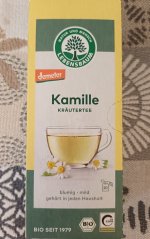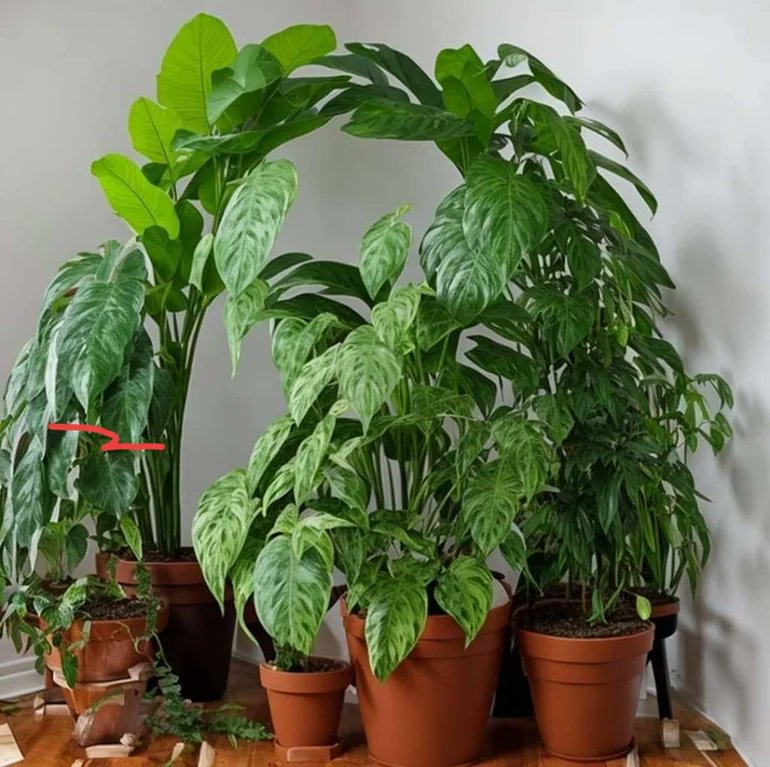Latest on MJJC
- Latest Michael Jackson News
- Click Here to Join Our Community
- Follow us on X
- Wanna talk Michael? Come join the chat rooms
- The Michael Jackson Chart Watch
- Become an MJJC Patron
- Join the Premium Member Group and Get Lot's of Extra's
- Major Love Prayer - Worldwide Monthly Prayer Every 25th
- MJJC Exclusive Q&A - We talk to the family and those in and around Michael
- Join us in the Chat Rooms
- Find us on Facebook
You are using an out of date browser. It may not display this or other websites correctly.
You should upgrade or use an alternative browser.
You should upgrade or use an alternative browser.
The Last Person to Post in This Thread Wins
- Thread starter Expressions of Passion
- Start date
zinniabooklover
Proud Member
- Joined
- Mar 3, 2022
- Messages
- 24,240
- Points
- 113
Mmm ...
Calming and warming. Perfect!
zinniabooklover
Proud Member
- Joined
- Mar 3, 2022
- Messages
- 24,240
- Points
- 113
@bluemoon7
I popped back on to have another go at the poetry thing! Let's see how I get on.
"If the phone won't ring, make the call
If the mountain won't move, shift it
If the birds won't sing, sing to them all
And if the sun won't rise, lift it"
(quote from 'Let The Light Pour In')
Lemn Sissay
British-Ethiopian writer

I popped back on to have another go at the poetry thing! Let's see how I get on.
"If the phone won't ring, make the call
If the mountain won't move, shift it
If the birds won't sing, sing to them all
And if the sun won't rise, lift it"
(quote from 'Let The Light Pour In')
Lemn Sissay
British-Ethiopian writer

zinniabooklover
Proud Member
- Joined
- Mar 3, 2022
- Messages
- 24,240
- Points
- 113
oh god, here I go!
A poem from Billy Collins:
and hold it up to the light
like a color slide
or press an ear against its hive.
I say drop a mouse into a poem
and watch him probe his way out,
or walk inside the poem’s room
and feel the walls for a light switch.
I want them to waterski
across the surface of a poem
waving at the author’s name on the shore.
But all they want to do
is tie the poem to a chair with rope
and torture a confession out of it.
They begin beating it with a hose
to find out what it really means.
from The Apple that Astonished Paris (University of Arkansas Press, 1996)
A poem from Billy Collins:
Introduction to Poetry
I ask them to take a poemand hold it up to the light
like a color slide
or press an ear against its hive.
I say drop a mouse into a poem
and watch him probe his way out,
or walk inside the poem’s room
and feel the walls for a light switch.
I want them to waterski
across the surface of a poem
waving at the author’s name on the shore.
But all they want to do
is tie the poem to a chair with rope
and torture a confession out of it.
They begin beating it with a hose
to find out what it really means.
from The Apple that Astonished Paris (University of Arkansas Press, 1996)
zinniabooklover
Proud Member
- Joined
- Mar 3, 2022
- Messages
- 24,240
- Points
- 113
Billy Collins, American poet


zinniabooklover
Proud Member
- Joined
- Mar 3, 2022
- Messages
- 24,240
- Points
- 113
Byrd / Laudibus in sanctis
"Performed during a live BBC Choral Evensong, 6 November 1974, from the chapel of Christ Church College, Oxford. Choir of Christ Church Oxford (Oxford Cathedral), directed by Simon Preston.
The words are the Latin version of Psalm 150."
6m 34s
"Performed during a live BBC Choral Evensong, 6 November 1974, from the chapel of Christ Church College, Oxford. Choir of Christ Church Oxford (Oxford Cathedral), directed by Simon Preston.
The words are the Latin version of Psalm 150."
6m 34s
Last edited:
zinniabooklover
Proud Member
- Joined
- Mar 3, 2022
- Messages
- 24,240
- Points
- 113
I'm still on 'mummel'. I may be some time!Mummel
zinniabooklover
Proud Member
- Joined
- Mar 3, 2022
- Messages
- 24,240
- Points
- 113
Dunder
You can't really get a photo of thunder. This is the best I could find.

zinniabooklover
Proud Member
- Joined
- Mar 3, 2022
- Messages
- 24,240
- Points
- 113
zinniabooklover
Proud Member
- Joined
- Mar 3, 2022
- Messages
- 24,240
- Points
- 113
Elton / Goodbye Yellow Brick Road
Agonum
Moving Violation
*driving round the hood ...~ thread - hood*

Agonum
Moving Violation
Wow! I didn’t see the face at first!
wendijane
Premium Member
- Joined
- Jan 12, 2008
- Messages
- 25,655
- Points
- 113
I like things like that ..saw it straight away
wendijane
Premium Member
- Joined
- Jan 12, 2008
- Messages
- 25,655
- Points
- 113
look at the pic next time when one gets posited youWow! I didn’t see the face at first!
wendijane
Premium Member
- Joined
- Jan 12, 2008
- Messages
- 25,655
- Points
- 113
i love that Frankie Ledaio
wendijane
Premium Member
- Joined
- Jan 12, 2008
- Messages
- 25,655
- Points
- 113
bibbleKvitter.
kibble
Fuzball
Proud Member
- Joined
- Sep 5, 2017
- Messages
- 6,325
- Points
- 113
I like things like that ..saw it straight away
Wow! I didn’t see the face at first!
sugar girl: 1
green bug: 0
wendijane
Premium Member
- Joined
- Jan 12, 2008
- Messages
- 25,655
- Points
- 113
kicks arse of .
sugar girl: 1 more day
green bug: 0 much
Agonum
Moving Violation
Ankans läte är i flera språk någon form av ett kvack, med varierande stavning. Också det franska lätet som stavas coin coin uttalas med ett vokalljud som ligger väldigt nära ett a-ljud. Fågellätet däremot innehåller på alla språk ett i-ljud. På de flesta språken används någon form av pip, och på finska används även tsirp, på tyska tschiwitt och på franska cui cui. Bland fågelljuden är det engelskan som skiljer sig mest ur mängden med cheep, chirp och tweet, men även dessa läten innehåller ett i-ljud.








